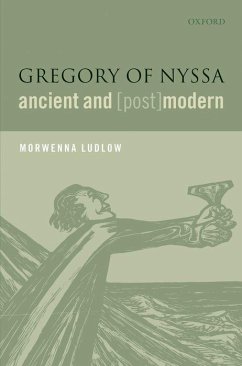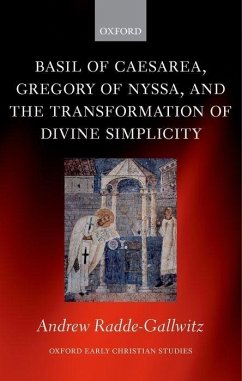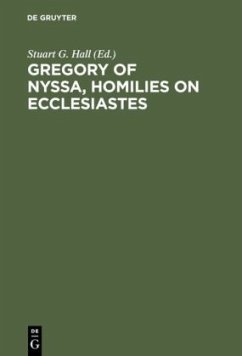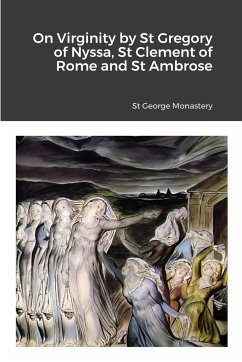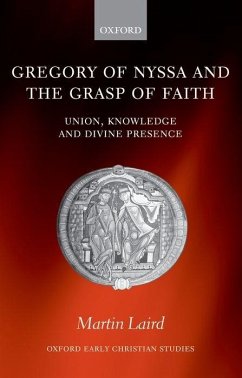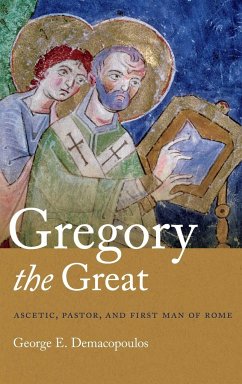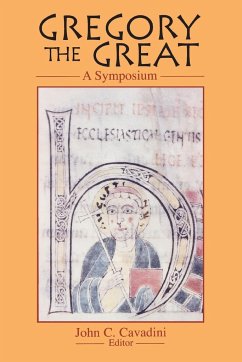
Gregory of Nyssa, Ancient and (Post)Modern

PAYBACK Punkte
31 °P sammeln!
The fourth-century Christian thinker, Gregory of Nyssa, has been the subject of a huge variety of interpretations over the past fifty years, from historians, theologians, philosophers, and others. In this highly original study, Morwenna Ludlow analyses these recent readings of Gregory of Nyssa and asks: What do they reveal about modern and postmodern interpretations of the Christian past? What do they say about the nature of Gregory's writing? Working thematically through studies of recent Trinitarian theology, Christology, spirituality, feminism, and postmodern hermeneutics, Ludlow develops a...
The fourth-century Christian thinker, Gregory of Nyssa, has been the subject of a huge variety of interpretations over the past fifty years, from historians, theologians, philosophers, and others. In this highly original study, Morwenna Ludlow analyses these recent readings of Gregory of Nyssa and asks: What do they reveal about modern and postmodern interpretations of the Christian past? What do they say about the nature of Gregory's writing? Working thematically through studies of recent Trinitarian theology, Christology, spirituality, feminism, and postmodern hermeneutics, Ludlow develops an approach to reading the Church Fathers which combines the benefits of traditional scholarship on the early Church with reception-history and theology.





